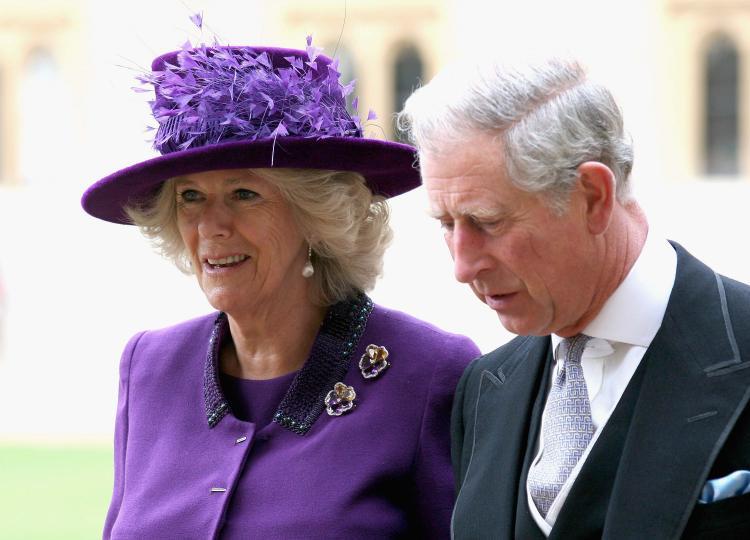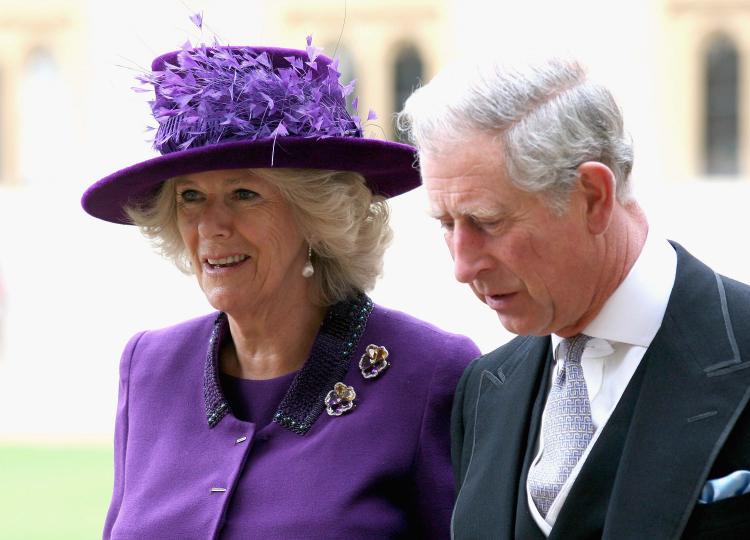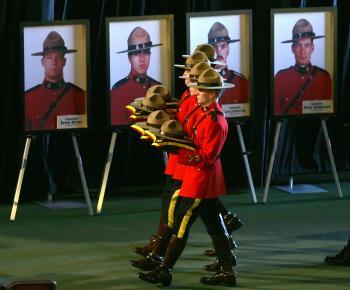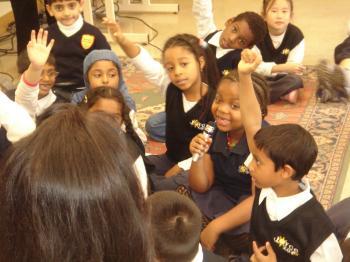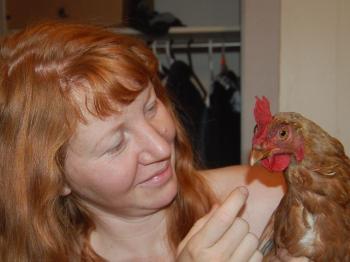VANCOUVER—Across the country, dignitaries are brushing up on royal protocol ahead of the upcoming visit of Their Royal Highnesses the Prince of Wales and the Duchess of Cornwall—otherwise known as Charles and Camilla.
Starting in St. John’s, Newfoundland, on Nov. 2, the royal couple will visit 12 cities, including Montreal, Toronto, Yellowknife, Winnipeg, and Victoria. Prince Charles is the heir apparent to the thrones of the Commonwealth realms and will succeed Queen Elizabeth II as Canada’s official head of state.
This will be their first trip together as a married couple and Camilla’s first official visit to Canada. The last time Prince Charles visited Canada with a woman by his side was when he came with Princess Diana in 1997.
Bruce Hallsor, a member of the Monarchist League of Victoria, says that although Princess Diana’s international star quality drew enormous attention wherever she went, as people get to know Camilla “they will be impressed by her.”
“It’s a very different kind of visit but I think Canadians are warming up to Camilla, and I think that a lot of people are going to be surprised by the crowds that she and her husband draw.”
Hallsor, who met Prince Charles when he visited Vancouver for Expo ‘86, has been invited to dinner with Their Royal Highnesses at Government House in Victoria on Nov. 7.
An admirer of British Royalty since he was a child, Hallsor says the Monarchy is “a fun institution that Canadians appreciate.” However, a separatist group has said it plans to protest when the couple visits Quebec.
In a letter published in Le Quebecois newspaper, Patrick Bourgeois, president of the Reseau de resistance du Quebec, wrote that the Royal visit “puts a finger in the eye” of the Quebec people and that the British monarchy represents “an atavistic enemy of a free Quebec.”
Hallsor points out that the Royal Family has a French background and that Quebec was a monarchy well before it became part of Canada.
“I’m a proud Canadian, and I think the Monarchy is an important part of our nation’s history and our identity,” he says.
“I find in my travels through Quebec a lot of French-Canadians think this is an important part of our nation’s history as well, and any argument that somehow the presence of the Royal Family is an insult to Quebecers, or diminishes their sovereignty, is just silly.”
The official visit will conclude on Nov. 11 with Charles and Camilla participating in the National Remembrance Day ceremony in Ottawa.
Starting in St. John’s, Newfoundland, on Nov. 2, the royal couple will visit 12 cities, including Montreal, Toronto, Yellowknife, Winnipeg, and Victoria. Prince Charles is the heir apparent to the thrones of the Commonwealth realms and will succeed Queen Elizabeth II as Canada’s official head of state.
This will be their first trip together as a married couple and Camilla’s first official visit to Canada. The last time Prince Charles visited Canada with a woman by his side was when he came with Princess Diana in 1997.
Bruce Hallsor, a member of the Monarchist League of Victoria, says that although Princess Diana’s international star quality drew enormous attention wherever she went, as people get to know Camilla “they will be impressed by her.”
“It’s a very different kind of visit but I think Canadians are warming up to Camilla, and I think that a lot of people are going to be surprised by the crowds that she and her husband draw.”
Hallsor, who met Prince Charles when he visited Vancouver for Expo ‘86, has been invited to dinner with Their Royal Highnesses at Government House in Victoria on Nov. 7.
An admirer of British Royalty since he was a child, Hallsor says the Monarchy is “a fun institution that Canadians appreciate.” However, a separatist group has said it plans to protest when the couple visits Quebec.
In a letter published in Le Quebecois newspaper, Patrick Bourgeois, president of the Reseau de resistance du Quebec, wrote that the Royal visit “puts a finger in the eye” of the Quebec people and that the British monarchy represents “an atavistic enemy of a free Quebec.”
Hallsor points out that the Royal Family has a French background and that Quebec was a monarchy well before it became part of Canada.
“I’m a proud Canadian, and I think the Monarchy is an important part of our nation’s history and our identity,” he says.
“I find in my travels through Quebec a lot of French-Canadians think this is an important part of our nation’s history as well, and any argument that somehow the presence of the Royal Family is an insult to Quebecers, or diminishes their sovereignty, is just silly.”
The official visit will conclude on Nov. 11 with Charles and Camilla participating in the National Remembrance Day ceremony in Ottawa.
